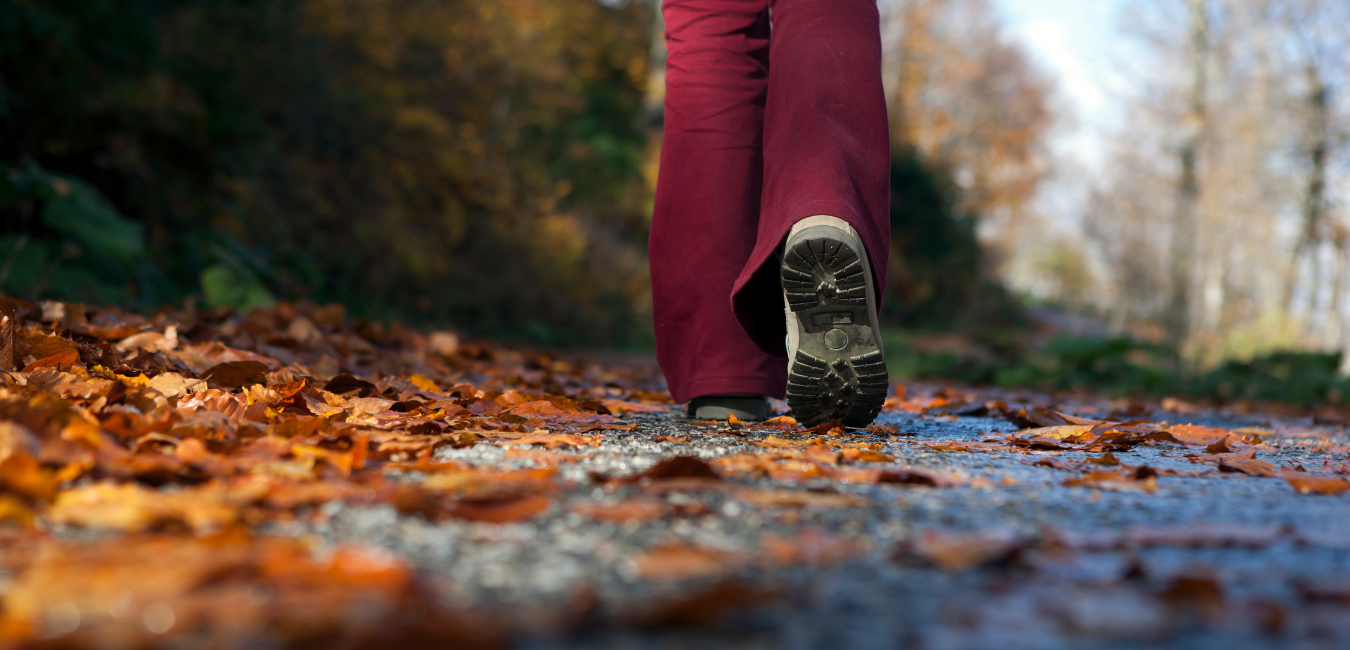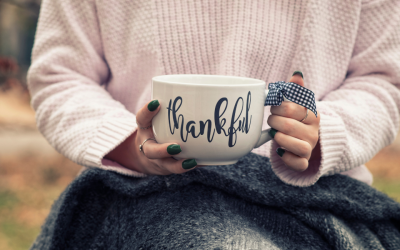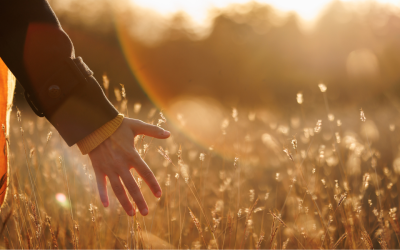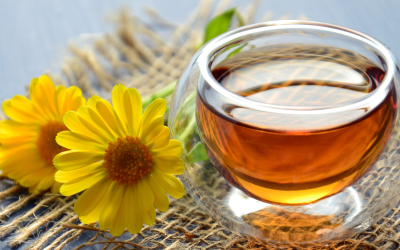Your Well-Being
The Power of Walking

Solvitur ambulando is a Latin phrase (one I adore) meaning ‘it is solved by walking.’
Walking has always been one of my favourite physical activities. I enjoy the steady rhythm of my footsteps beneath me, the clarity it gives my thoughts, and the sense of my body moving through the world with steadiness and purpose. If I have others with me, big or little, I enjoy the connection that comes from experiencing the walking path together. I also enjoy feeling part of my community as I greet others out for their own walk. For me, walking is part fitness, part meditation, and a huge part connection.
An often-underrated form of exercise, science shows that walking offers multiple physical and mental health benefits. Walking is a form of weight-bearing exercise that also counts as a light cardio workout. Done regularly, it increases cardiovascular (heart) and pulmonary (lung) fitness, strengthens bones and muscles, lessens joint pain and stiffness, reduces body fat, and helps in the management of conditions such as hypertension, high cholesterol, and diabetes.
I think the biggest reason walking helps us physically is that, in an increasingly sedentary world, it gets us moving. Getting up and moving, it turns out, delays the onset of many age-related conditions, including Alzheimers disease. It also helps enhances balance, posture, joint fluidity, and even digestive health. Even just getting outside in the sunshine provides walkers a regular boost of Vitamin D. In addition to keeping our bones strong, Vitamin D has anti-inflammatory, antioxidant and neuroprotective functions in the body.
“Above all, do not lose your desire to walk: every day, I walk myself into a state of well-being and walk away from every illness; I have walked myself into my best thoughts, and I know of no thought so burdensome that one cannot walk away from it.” – Soren Kierkegaard
Then there are the mental health benefits. Rhythmic exercises, like walking, improve the function of the vagus nerve. This fascinating nerve is hugely important to our overall sense of wellness. It is a big part of the parasympathetic nervous system (the part of the nervous system that moves us out of a stress state into one of calm) and is responsible for triggering our bodies to relax and slow down production of stress hormones. In my experience, the rhythmic nature of both footsteps and breath, combined with being outdoors offers a wonderful mental break. Even when we are not intentionally being mindful as we walk, walking is as a type of moving meditation.
Walking isn’t just calming, but it makes us happier, too. Exercise, particularly rhythmic, repetitive exercise, stimulates the production of endorphins in the brain. These chemicals are the body’s opioids, improving mood and reducing pain. And you don’t even need to walk for very long to reap the benefits. In a study at Massachusetts General Hospital, researchers measured metabolites circulating in participants’ blood before and after exercise. They discovered that after just twelve-minutes of brisk walking, 80 percent of these metabolites had changed for the better. Just twelve minutes.
For me, walking has long been a form of self-care that I turn to on the hard days. When my body is aching, or I’m exhausted, or I’m overwhelmed by emotions, or I’m struggling to get in some self-care because I’ve been caring full-time for a little person – on those days, even if I can’t bring myself to do anything else, I can find what it takes to put on my shoes and go for a walk. And I always feel better for it. There is no doubt about it: walking is good for the spirit.
If you are looking for some walking inspiration, I highly recommend picking up a copy of ‘52 Ways to Walk’, by Annabel Streets. Across the weeks, you’re guided to try walking with a different intention, in different weather, or simply somewhere different. You’ll also discover some of the science behind why walking is so good for our well-being.
Join the Mindful Mornings Challenge
Are you ready to invite a little more presence, calm, and connection into even your busiest days? Download your free PDF challenge guide.
More Articles to Explore…
The Power of Gratitude
Gratitude is a simple practice that can have lasting positive impacts on our social, emotional, psychological, and even physical well-being.
Sense Walk
Whether you’re walking through the woods or your garden, sense walks are a simple way of bringing a little mindfulness to your day.
The Power of Doing Just One Thing
Your Well-BeingThe Power of Just One Thing In the fable about the Tortoise and...
Listen to Your Tea
The simple task of preparing and drinking a cup of tea (or coffee) is the perfect opportunity to practice mindfulness.




